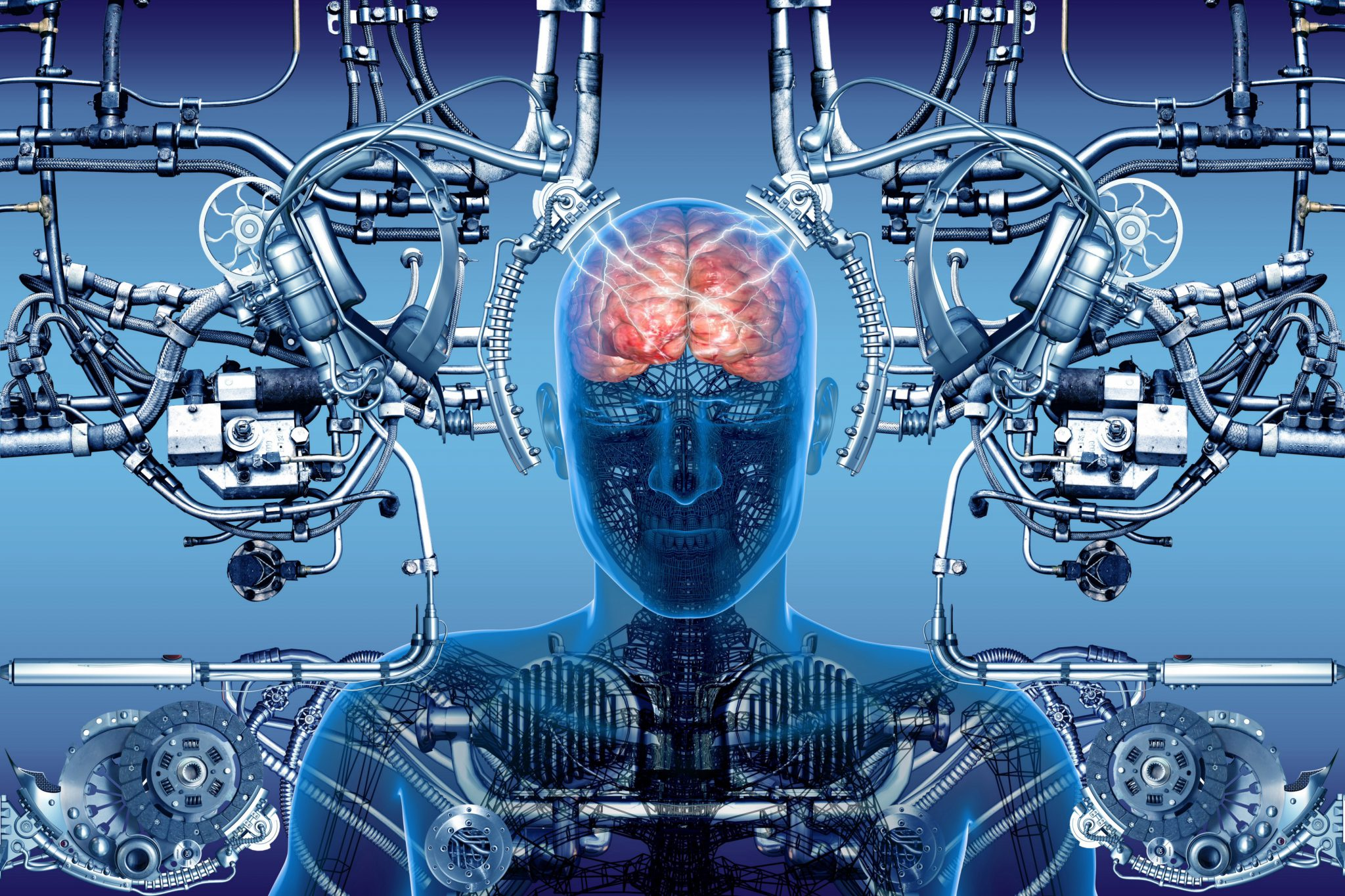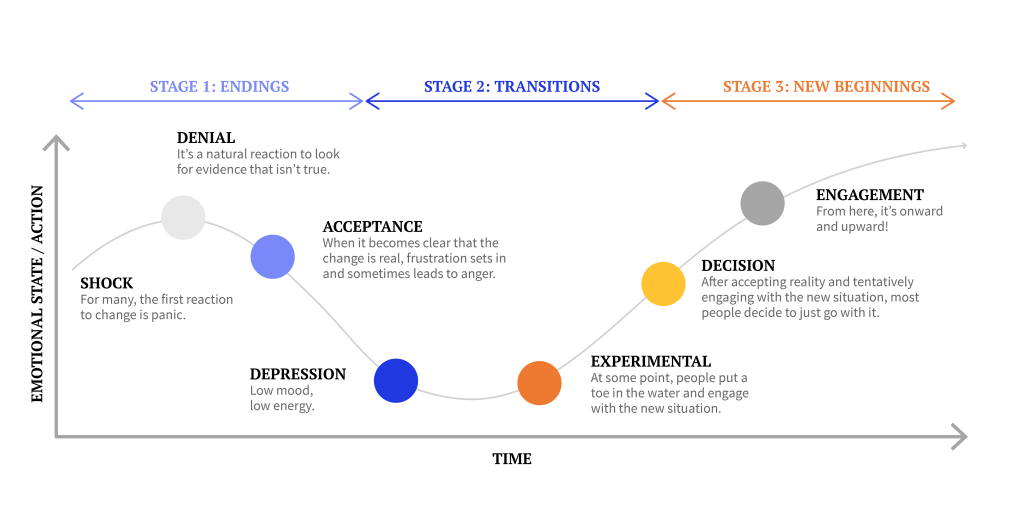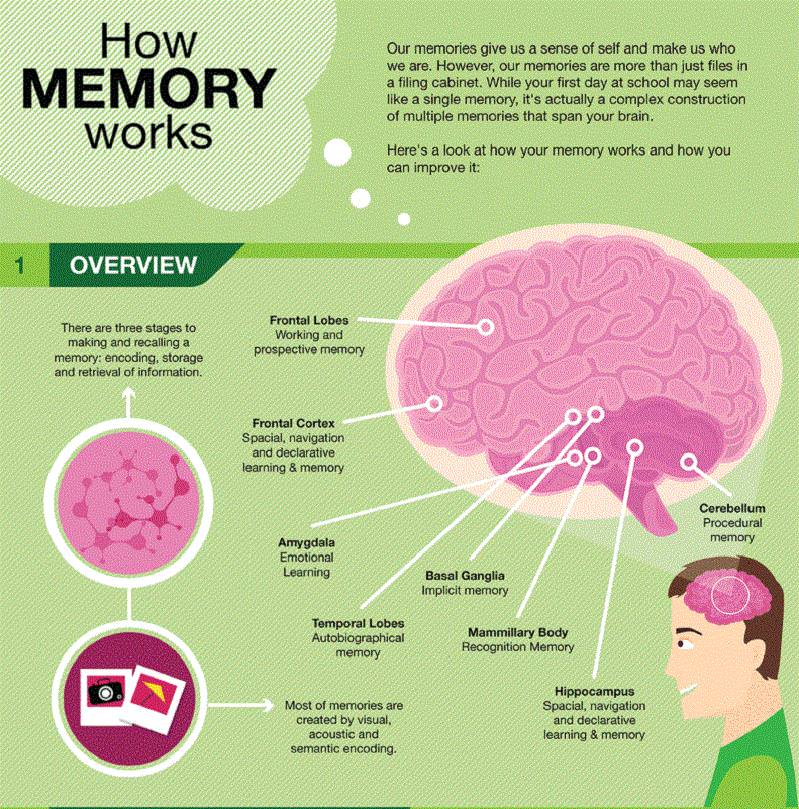Brain-computer interfaces (BCIs) are at the forefront of a revolutionary leap in neurotechnology, intersecting the realms of medicine and advanced computation. Pioneered by companies like Neuralink, these innovative devices can potentially empower individuals, allowing them to control computers and prosthetic limbs using just their thoughts. This cutting-edge BCI technology opens up a new landscape of possibilities, such as enhancing communication for people with disabilities and even exploring the boundaries of mind control. The promise of brain chip implants has sparked conversations about ethical implications as well, emphasizing the importance of ensuring that these advancements serve to enhance, rather than undermine, personal autonomy. As society edges closer to integrating such profound capabilities, the dialogue around the beneficial uses and potential misuses of BCIs remains urgent and critical for our future.
Neurofeedback systems and cognitive interfaces represent a significant evolution in the way humans can interact with technology, particularly for those with physical impairments. These systems, often referred to as brain-machine interfaces, allow for direct communication between the brain and external devices, facilitating remarkable advancements in rehabilitation and assistive technologies. As research progresses, issues such as brain stimulation and its implications become increasingly relevant, drawing attention to both the potential benefits and ethical challenges that arise from such technologies. With the rise of neurotechnology, there’s a pressing need for a broader conversation about its applications, the privacy of thought, and how the control of one’s mind can be safeguarded. In exploring these topics, we gain insight into the balance of innovation and ethical responsibility as we harness the power of the human brain.
The Revolutionary Impact of Brain-Computer Interfaces on Disability
Brain-computer interfaces (BCIs) have emerged as a groundbreaking technology for individuals with disabilities, offering hope for greater independence and improved quality of life. One prominent example is Neuralink’s brain chip implant, which allows users to control electronic devices directly with their thoughts. This innovation has since opened doors for paralyzed individuals to engage with the digital world, transforming how people perceive the capabilities of neurotechnology. As these devices evolve, they hold the potential to enhance communication for those unable to speak, enabling not just interaction but social engagement as well.
The market for BCIs is projected to be worth around $400 billion, with significant demand driven by millions of individuals suffering from conditions such as spinal cord injuries and strokes. As more companies, like Neuralink, develop neurotechnology that harnesses the power of thought, the landscape of rehabilitation and assistance for disabled persons may undergo a dramatic transformation. Users who previously faced limitations in mobility and communication may soon find that they can operate prosthetic limbs or perform complex tasks, further underscoring the life-changing capabilities of this advanced technology.
Frequently Asked Questions
What are brain-computer interfaces (BCIs) and how do they work?
Brain-computer interfaces (BCIs) are advanced neurotechnology systems that enable direct communication between the brain and external devices. These devices decode neural signals from the brain, allowing users to control computers, prosthetic limbs, or communicate through thought alone. BCIs offer exciting possibilities, especially for individuals with disabilities, by providing new avenues for interaction and control.
How is Neuralink contributing to the development of brain-computer interfaces?
Neuralink, founded by Elon Musk, is a pioneer in the field of brain-computer interfaces, focusing on developing neural implants that can facilitate communication between the brain and computers. Their innovative brain chip implants allow users, like paralyzed individuals, to control devices just by thinking, showcasing significant advancements in neurotechnology and its applications in rehabilitation and assistive technologies.
What potential benefits do brain-computer interfaces offer to individuals with disabilities?
Brain-computer interfaces (BCIs) have the potential to revolutionize the lives of individuals with disabilities by enabling them to operate devices, control prosthetic limbs, or even translate thoughts into speech. By overcoming physical limitations, BCIs empower users to regain independence and enhance their quality of life through direct brain control of technology.
What are the ethical concerns surrounding brain-computer interfaces?
The development of brain-computer interfaces raises significant ethical concerns, including issues of consent, mental privacy, and the potential for misuse. As neurotechnology advances, parallels are drawn to historical abuses in mind control and manipulation, highlighting the need for strict regulations and ethical guidelines to protect individuals from potential exploitation.
Can brain-computer interfaces lead to mind control or manipulation?
While brain-computer interfaces (BCIs) offer groundbreaking capabilities for communication and control, there is concern about their potential for misuse in mind control or behavioral manipulation. Historical examples, such as MKUltra, illustrate the risks associated with tampering with the human mind. Ongoing discussions emphasize the importance of ethical standards to prevent abuse of this powerful technology.
What is the market potential for brain-computer interfaces?
The market potential for brain-computer interfaces (BCIs) is substantial, with estimates suggesting it could reach around $400 billion in the U.S. alone. Given the prevalence of conditions like spinal cord injuries and strokes, the demand for BCIs that enhance communication and mobility continues to grow, presenting significant opportunities for investment and innovation in neurotechnology.
How can BCIs affect mental health and behavior?
Brain-computer interfaces (BCIs) have the potential to influence mental health and behavior, as evidenced by cases where neural stimulation has altered individuals’ actions unexpectedly. While BCIs primarily aim to assist users with technology control, researchers caution that they also carry the risk of unintended behavioral changes, underscoring the need for careful study and ethical considerations.
What advancements can we expect in brain-computer interface technology?
Future advancements in brain-computer interface (BCI) technology may include improved brain chip implants capable of higher precision and functionality. There is ongoing research aimed at decoding complex thoughts, enhancing communication methods, and providing real-time feedback, all of which could further empower individuals with disabilities and open new frontiers in neurotechnology.
What role does regulation play in the development of brain-computer interfaces?
Regulation plays a crucial role in the development and deployment of brain-computer interfaces (BCIs) by ensuring safety, efficacy, and ethical use of neurotechnology. As BCIs evolve, regulatory frameworks are essential to prevent misuse, protect individual rights, and promote responsible innovation while addressing public concerns about privacy and mental autonomy.
| Key Points | Details |
|---|---|
| First BCI Implant | Noland Arbaugh received the first brain chip implant from Neuralink on Jan. 28, 2024, allowing him to control a computer with his mind. |
| Promise of BCIs | BCIs are aimed at helping people with disabilities control prosthetics, computers, and convert thoughts to speech. The market is projected to reach $400 billion in the U.S. |
| Cautionary Insights | A paper from the Carr Center highlights historical warnings about psychological manipulation, recalling the MKUltra experiments during the Cold War. |
| Risk of Misuse | The concerns about BCIs involve the potential misuse for control and violation of mental privacy as technology becomes more advanced. |
| Behavioral Influence | Research shows that BCIs could unintentionally alter behavior, exemplified by a patient with Parkinson’s who committed crimes without prior violent history when stimulated. |
Summary
Brain-computer interfaces (BCIs) represent a revolutionary advancement in neurotechnology, enabling unprecedented control for individuals with disabilities. However, this cutting-edge technology also raises significant ethical concerns reminiscent of historical abuses, particularly in the realm of psychological manipulation. As BCIs evolve, it is crucial to navigate the delicate balance between innovation and the potential for misuse, ensuring that the lessons of the past guide the responsible development of future technologies.



